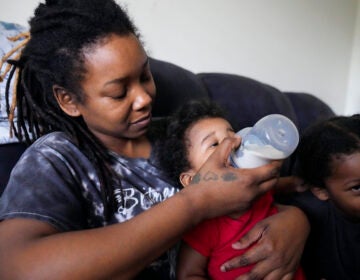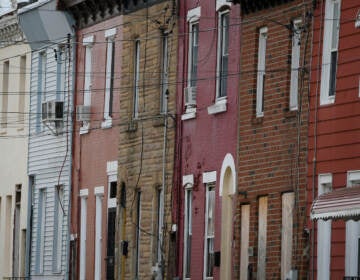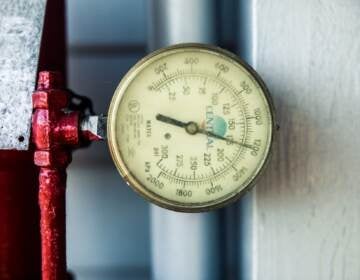Safety net program for Pa. women and children is switching out paper for plastic
For decades, the state’s WIC program has cut checks — lots of them — to its low-income participants. That will stop by the end of 2019.
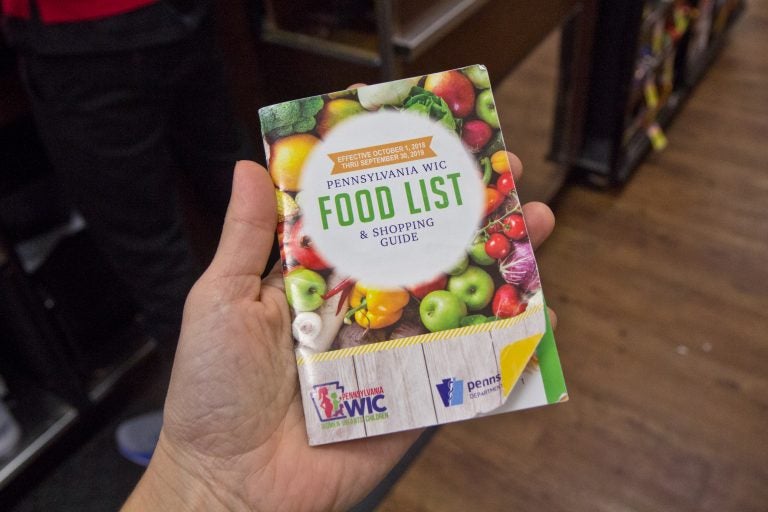
A 2018-19 WIC food guide at a supermarket in South Philadelphia. (Kimberly Paynter/WHYY)
For Norristown resident Desarae Woodall-Smalls, the checkout line at the supermarket is always a master class in patience — whether there’s a line of shoppers in front of or behind her. And especially if she has her kids in tow.
“It can be demanding,” said Woodall-Smalls.
The stay-at-home mom relies on Pennsylvania’s Supplemental Nutrition Program for Women, Infants, and Children (WIC) to help feed her family, which means it routinely takes her an extra 20 minutes to pay for her groceries.
The reason: The money she gets through WIC each month is spread across several paper checks. There’s a check for baby formula, a check for produce, a check for bread — for each of her three kids that qualify for the safety-net program, which serves low-income women and children under 5 years old who are at “nutritional risk.”
Each of those checks has to be processed individually.
“In one month, I’ve had 15 checks,” said Woodall-Smalls. “It can be a lot, juggling all of them.”
That circus act is one of the reasons why the U.S. Department of Agriculture, which oversees WIC, has mandated that states transition from paper to plastic cards. By the end of the year, every participant is expected to have the monthly stipends — roughly $40 per child — loaded onto a swipeable eWIC card.
The Pennsylvania Department of Health has been rolling out the new program in stages since February. Philadelphia, Bucks and Delaware Counties are scheduled to start handing out the cards sometime next month.
“By having this eWIC technology, it allows people to go back throughout the month and buy the things that they need, which will allow them to buy healthier, more nutritious foods,” said spokesman Nate Wardle.
That flexibility is a big deal. Now, checks can only be spent one way: all at once in one place. That means that if a store doesn’t have everything a family is entitled to, it may have to forgo part of its monthly allotment — a half-gallon of milk, for example.
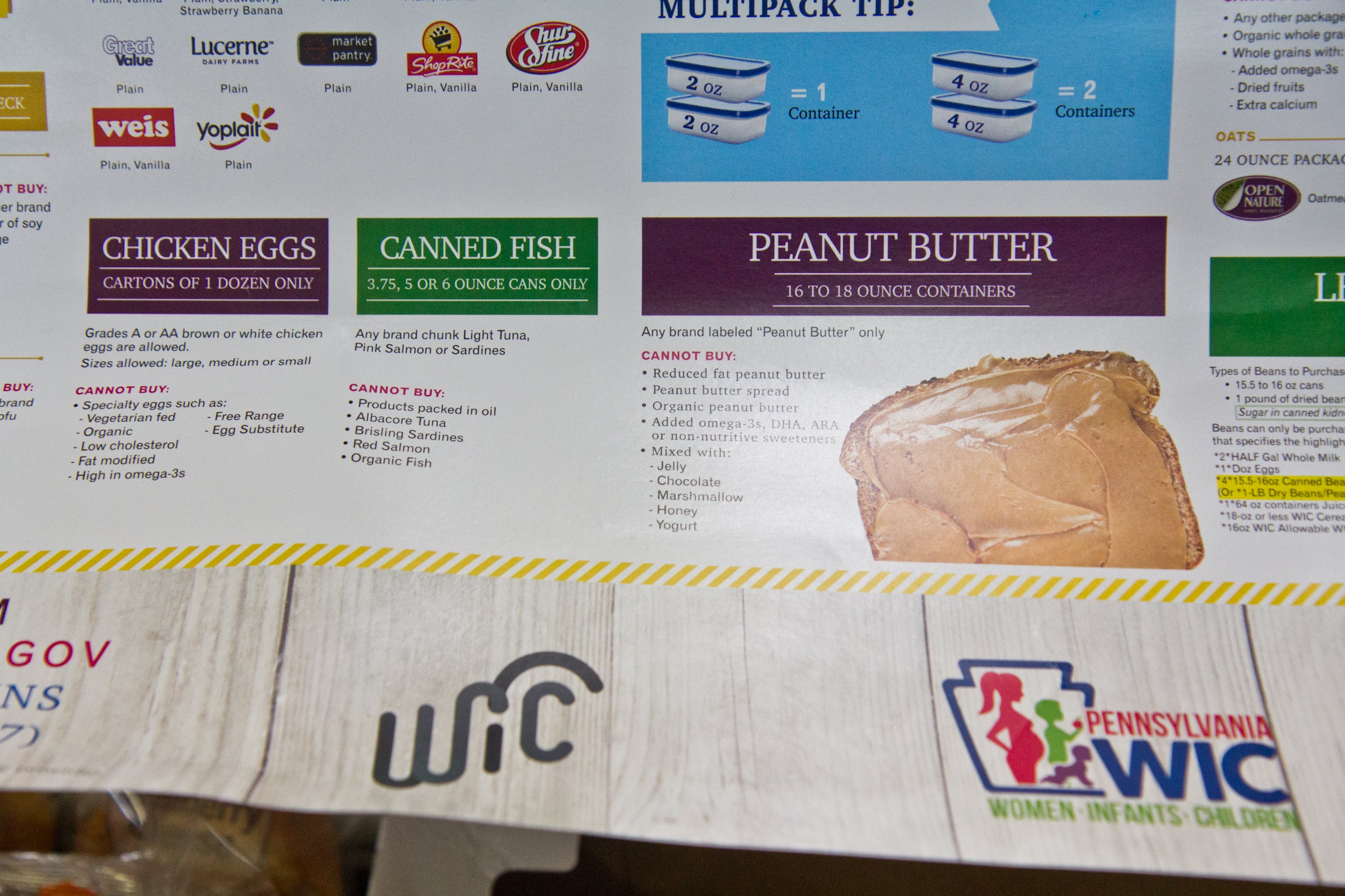
“With the card, you can go to different stores and get what you need if down the street doesn’t have it,” said Woodall-Smalls, who is picking up her card in a couple of weeks.
More than 200,000 women and children participate in the state’s WIC program. Roughly a quarter of them are in the Philadelphia area.
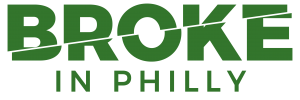
WHYY is one of over 20 news organizations producing Broke in Philly, a collaborative reporting project on solutions to poverty and the city’s push towards economic justice. Follow us at @BrokeInPhilly.
WHYY is your source for fact-based, in-depth journalism and information. As a nonprofit organization, we rely on financial support from readers like you. Please give today.



